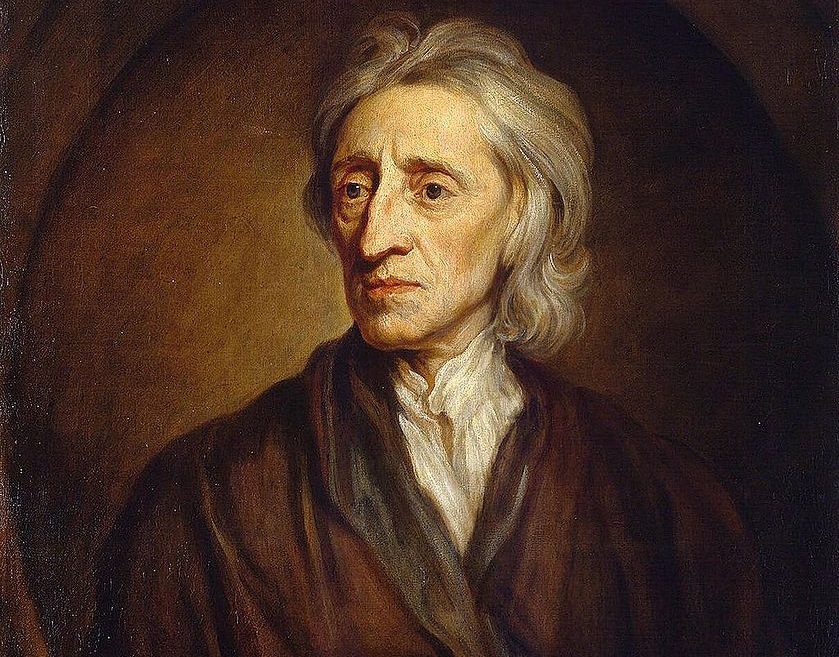Take a look at what John Locke (1632-1704) had to say regarding usurpation in The Second Treatise of Civil Government, Chapter XVII:
…all commonwealths, with the form of government established, have rules also of appointing those who are to have any share in the public authority, and settled methods of conveying the right to them. Whoever gets into the exercise of any part of the power, by other ways than what the laws of the community have prescribed, hath no right to be obeyed, though the form of the commonwealth be still preserved; since he is not the person the laws have appointed, and consequently not the person the people have consented to. Nor can such an usurper, or any deriving from him, ever have a title, till the people are both at liberty to consent, and have actually consented to allow, and confirm in him the power he hath till then usurped.
Note that Locke’s Second Treatise was written in 1690, only two years after the “Glorious Revolution” in which the rightful monarch, James II, was abandoned by his troops at Torbay and William of Orange seized control (along with Whig/Tory help). But rather than side with “the person the laws have appointed”, Locke “returned to England in 1688 on board the royal yacht, accompanying Princess Mary on her voyage to join her husband”. (1).
Does this not seem like Locke did one thing and said another? Weren’t the soldiers who abandoned James II, acting contrary to his word as law, violating what Locke is saying? And if so, shouldn’t James II be the one who was the rightful monarch? Or is there some rationalization?



